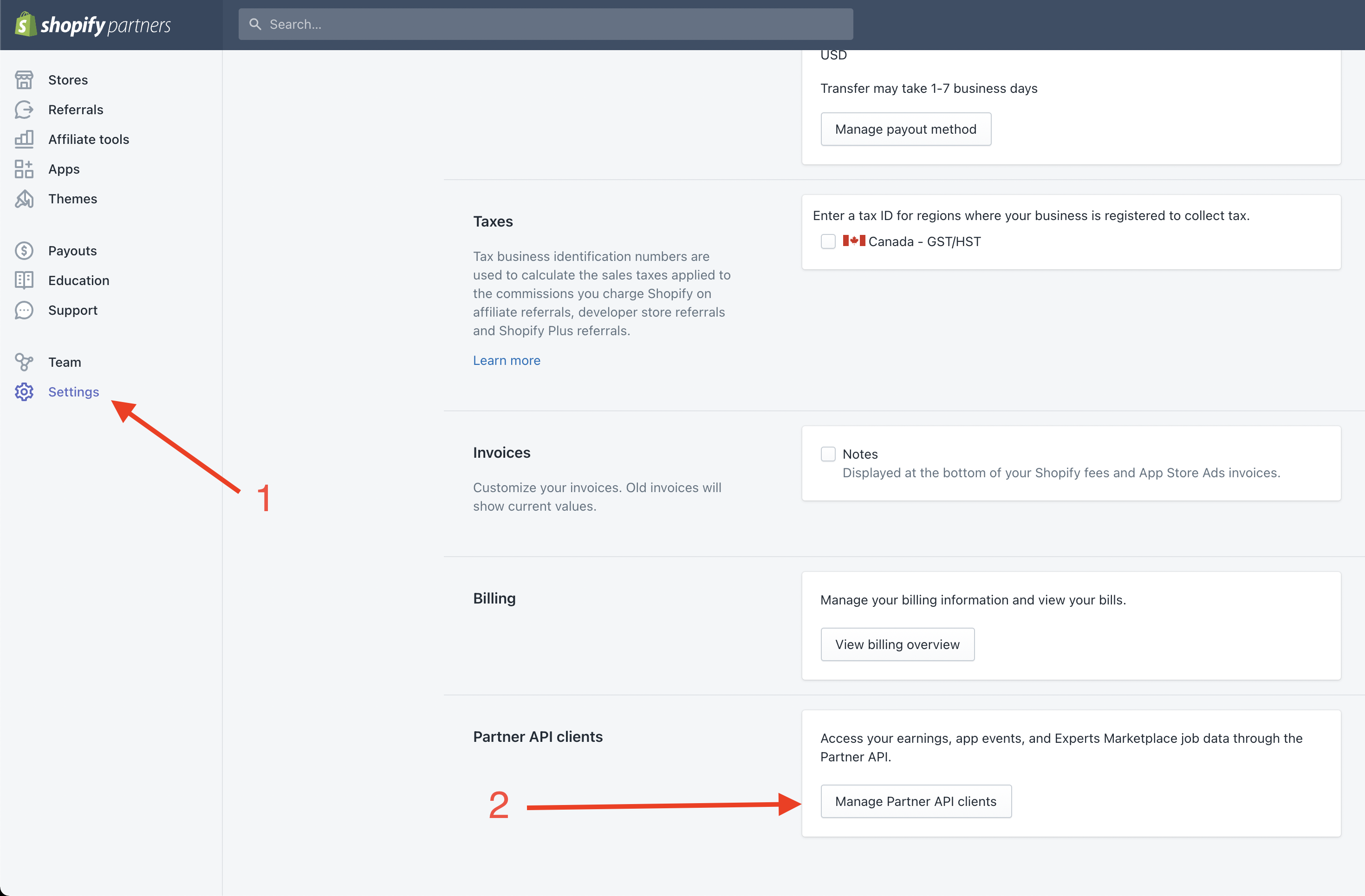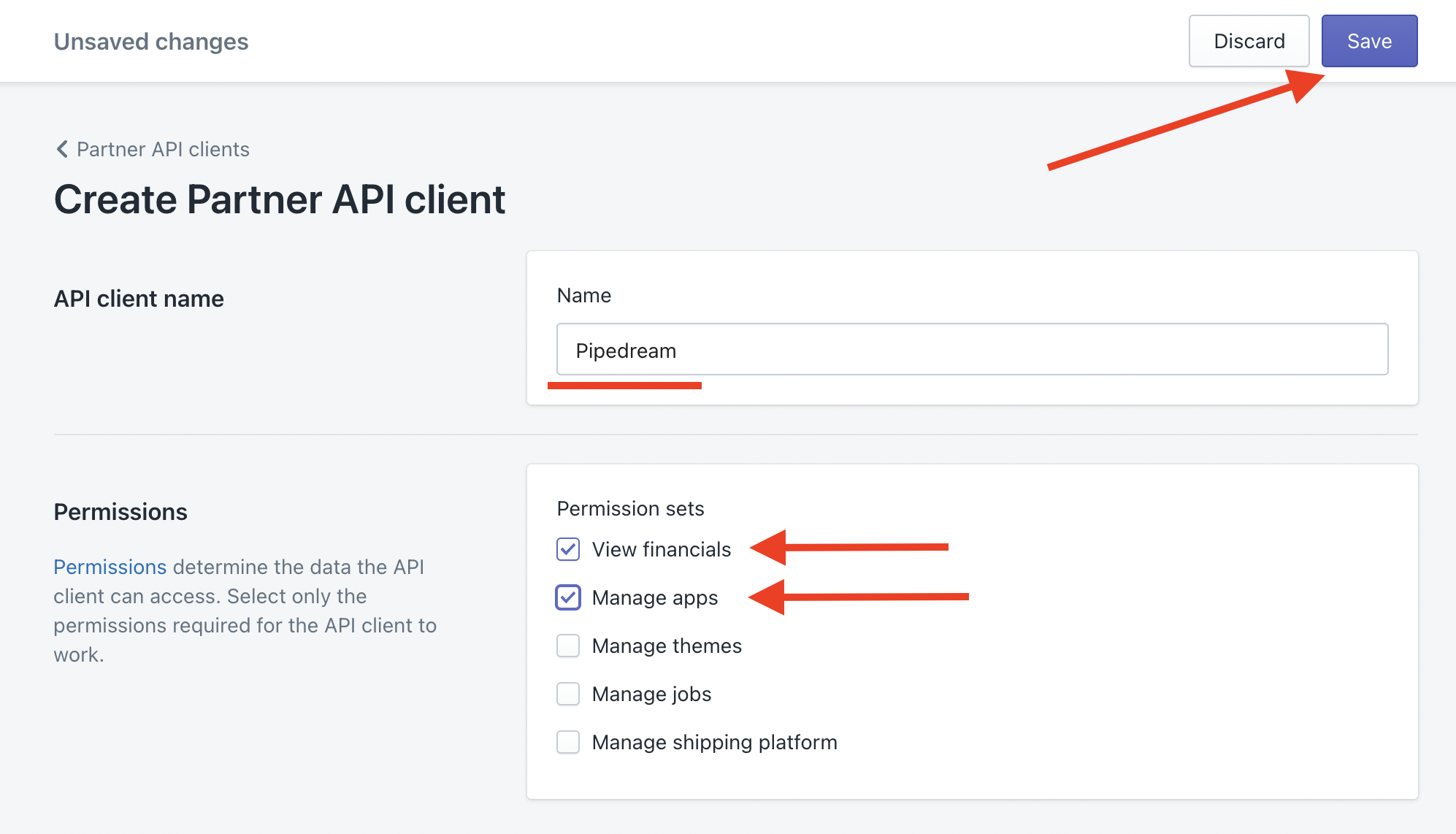import openai from "../../openai.app.mjs";
import common from "../common/common.mjs";
import constants from "../../common/constants.mjs";
export default {
...common,
name: "Chat",
version: "0.3.4",
annotations: {
destructiveHint: false,
openWorldHint: true,
readOnlyHint: false,
},
key: "openai-chat",
description: "The Chat API, using the `gpt-3.5-turbo` or `gpt-4` model. [See the documentation](https://platform.openai.com/docs/api-reference/chat)",
type: "action",
props: {
openai,
alert: {
type: "alert",
alertType: "info",
content: "Looking to chat with your tools? Check out our individual actions: [Chat using Web Search](https://pipedream.com/apps/openai/actions/chat-using-web-search), [Chat using File Search](https://pipedream.com/apps/openai/actions/chat-using-file-search), and [Chat using Functions](https://pipedream.com/apps/openai/actions/chat-using-functions).",
},
modelId: {
propDefinition: [
openai,
"chatCompletionModelId",
],
},
userMessage: {
label: "User Message",
type: "string",
description: "The user messages provide instructions to the assistant. They can be generated by the end users of an application, or set by a developer as an instruction.",
},
...common.props,
systemInstructions: {
label: "System Instructions",
type: "string",
description: "The system message helps set the behavior of the assistant. For example: \"You are a helpful assistant.\" [See these docs](https://platform.openai.com/docs/guides/chat/instructing-chat-models) for tips on writing good instructions.",
optional: true,
},
messages: {
label: "Prior Message History",
type: "string[]",
description: "_Advanced_. Because [the models have no memory of past chat requests](https://platform.openai.com/docs/guides/chat/introduction), all relevant information must be supplied via the conversation. You can provide [an array of messages](https://platform.openai.com/docs/guides/chat/introduction) from prior conversations here. If this param is set, the action ignores the values passed to **System Instructions** and **Assistant Response**, appends the new **User Message** to the end of this array, and sends it to the API.",
optional: true,
},
images: {
label: "Images",
type: "string[]",
description: "Provide one or more images to [OpenAI's vision model](https://platform.openai.com/docs/guides/vision). Each entry should be either a file URL or a path to a file in the `/tmp` directory (for example, `/tmp/myFile.jpg`), or raw base64-encoded image data. Compatible with the `gpt4-vision-preview` model",
optional: true,
},
audio: {
type: "string",
label: "Audio",
description: "The audio file to upload. Provide either a file URL or a path to a file in the `/tmp` directory (for example, `/tmp/myFile.mp3`). For use with the `gpt-4o-audio-preview` model. Currently supports `wav` and `mp3` files.",
optional: true,
},
responseFormat: {
type: "string",
label: "Response Format",
description: "- **Text**: Returns unstructured text output.\n- **JSON Schema**: Enables you to define a [specific structure for the model's output using a JSON schema](https://platform.openai.com/docs/guides/structured-outputs?api-mode=responses).",
options: Object.values(constants.CHAT_RESPONSE_FORMAT),
default: constants.CHAT_RESPONSE_FORMAT.TEXT.value,
optional: true,
reloadProps: true,
},
toolTypes: {
type: "string[]",
label: "Tool Types",
description: "The types of tools to enable on the assistant",
options: constants.TOOL_TYPES.filter((toolType) => toolType === "function"),
optional: true,
reloadProps: true,
},
},
additionalProps() {
const {
responseFormat,
toolTypes,
numberOfFunctions,
} = this;
const props = {};
if (responseFormat === constants.CHAT_RESPONSE_FORMAT.JSON_SCHEMA.value) {
props.jsonSchema = {
type: "string",
label: "JSON Schema",
description: "Define the schema that the model's output must adhere to. [See the documentation here](https://platform.openai.com/docs/guides/structured-outputs/supported-schemas).",
};
}
if (toolTypes?.includes("function")) {
props.numberOfFunctions = {
type: "integer",
label: "Number of Functions",
description: "The number of functions to define",
optional: true,
reloadProps: true,
default: 1,
};
for (let i = 0; i < (numberOfFunctions || 1); i++) {
props[`functionName_${i}`] = {
type: "string",
label: `Function Name ${i + 1}`,
description: "The name of the function to be called. Must be a-z, A-Z, 0-9, or contain underscores and dashes, with a maximum length of 64.",
};
props[`functionDescription_${i}`] = {
type: "string",
label: `Function Description ${i + 1}`,
description: "A description of what the function does, used by the model to choose when and how to call the function.",
optional: true,
};
props[`functionParameters_${i}`] = {
type: "object",
label: `Function Parameters ${i + 1}`,
description: "The parameters the functions accepts, described as a JSON Schema object. See the [guide](https://platform.openai.com/docs/guides/text-generation/function-calling) for examples, and the [JSON Schema reference](https://json-schema.org/understanding-json-schema/) for documentation about the format.",
optional: true,
};
}
}
return props;
},
methods: {
...common.methods,
_buildTools() {
const tools = this.toolTypes?.filter((toolType) => toolType !== "function")?.map((toolType) => ({
type: toolType,
})) || [];
if (this.toolTypes?.includes("function")) {
const numberOfFunctions = this.numberOfFunctions || 1;
for (let i = 0; i < numberOfFunctions; i++) {
tools.push({
type: "function",
function: {
name: this[`functionName_${i}`],
description: this[`functionDescription_${i}`],
parameters: this[`functionParameters_${i}`],
},
});
}
}
return tools.length
? tools
: undefined;
},
},
async run({ $ }) {
const args = await this._getChatArgs();
const response = await this.openai.createChatCompletion({
$,
data: {
...args,
tools: this._buildTools(),
},
});
if (this.responseFormat === constants.CHAT_RESPONSE_FORMAT.JSON_SCHEMA.value) {
for (const choice of response.choices) {
try {
choice.message.content = JSON.parse(choice.message.content);
} catch {
console.log(`Unable to parse JSON: ${choice.message.content}`);
}
}
}
if (response) {
$.export("$summary", `Successfully sent chat with id ${response.id}`);
}
const { messages } = args;
return {
original_messages: messages,
original_messages_with_assistant_response: messages.concat(response.choices[0]?.message),
...response,
};
},
};
 Chase Roberts@chsrbrts@benedictevans If you haven’t used @pipedream yet, then you haven’t lived.
Chase Roberts@chsrbrts@benedictevans If you haven’t used @pipedream yet, then you haven’t lived. ✨Ellie Day✨@heyelliedayEvaluation update: @pipedream has quite literally been a dream to work with! I’m excited to leverage this tool for all the various workflows I need to write. I’m currently at 11k invocations a day from the initial workflows I’ve written in the past couple weeks.
✨Ellie Day✨@heyelliedayEvaluation update: @pipedream has quite literally been a dream to work with! I’m excited to leverage this tool for all the various workflows I need to write. I’m currently at 11k invocations a day from the initial workflows I’ve written in the past couple weeks. Michael Braedley@MBraedleyUpdate: I got it working properly, and it's working so well that I'm dropping IFTTT. @pipedream can do everything that IFTTT basic can, and most (if not all things) IFTTT pro can for free or at a reasonable price if you need it. I am recommending it for basically any power user.
Michael Braedley@MBraedleyUpdate: I got it working properly, and it's working so well that I'm dropping IFTTT. @pipedream can do everything that IFTTT basic can, and most (if not all things) IFTTT pro can for free or at a reasonable price if you need it. I am recommending it for basically any power user. Thomas Cutting@mrthomascuttingWant quick+dirty integrations for a serverless workflow - @pipedream is my new go-to 😃
Thomas Cutting@mrthomascuttingWant quick+dirty integrations for a serverless workflow - @pipedream is my new go-to 😃 Matthew Roberts@mattdotrobertsday 013 - finally hit node js. This is the secret sauce of taking #nocode projects that one step further. Pumped about getting deeper into @pipedream now
Matthew Roberts@mattdotrobertsday 013 - finally hit node js. This is the secret sauce of taking #nocode projects that one step further. Pumped about getting deeper into @pipedream now Kenneth Auchenberg 💭@auchenbergYahoo Pipes is back! Kinda 😍 @pipedream
Kenneth Auchenberg 💭@auchenbergYahoo Pipes is back! Kinda 😍 @pipedream Raymond Camden 🥑@raymondcamdenAwesome video by the @pipedream folks showing real time twitter sentiment analysis integrated with Google Sheets. This is where Pipedream *really* shines, connecting systems together in easy workflows.
Raymond Camden 🥑@raymondcamdenAwesome video by the @pipedream folks showing real time twitter sentiment analysis integrated with Google Sheets. This is where Pipedream *really* shines, connecting systems together in easy workflows. Nacho Caballero@nachocaballeroI couldn't recommend @pipedream more. It's an amazing service to integrate different APIs. Much more powerful than Zapier and more user-friendly than AWS Lambda. I'm very proud to wear this t-shirt #NoCode
Nacho Caballero@nachocaballeroI couldn't recommend @pipedream more. It's an amazing service to integrate different APIs. Much more powerful than Zapier and more user-friendly than AWS Lambda. I'm very proud to wear this t-shirt #NoCode Jason Snow@jyksnwDeveloped a working prototype environmental sensor IoT solution with @particle Photon, @pipedream, and @MongoDB with full graphing and alerting in less than a day! All amazing technology, will def. be exploring these more.
Jason Snow@jyksnwDeveloped a working prototype environmental sensor IoT solution with @particle Photon, @pipedream, and @MongoDB with full graphing and alerting in less than a day! All amazing technology, will def. be exploring these more. Steven Terrana@steven_terrana@burgwyn you've inspired me to finally set up my own blog. I'll make sure my first blog post explains the tech behind the setup. think @obsdmd + @GatsbyJS + @pipedream.
Steven Terrana@steven_terrana@burgwyn you've inspired me to finally set up my own blog. I'll make sure my first blog post explains the tech behind the setup. think @obsdmd + @GatsbyJS + @pipedream. 🚄 James Augeri, PhD@DotDotJamesWant to low-code your back end, need more horsepower than @Bubble / @KnackHQ, or just miss Yahoo! Pipes? Check out @PipeDream
🚄 James Augeri, PhD@DotDotJamesWant to low-code your back end, need more horsepower than @Bubble / @KnackHQ, or just miss Yahoo! Pipes? Check out @PipeDream Sébastien Chopin@AtinuxGitHub issues should be like @linear_app for maintainers. Looking forward more integrations with GH actions or tools like @pipedream 👀
Sébastien Chopin@AtinuxGitHub issues should be like @linear_app for maintainers. Looking forward more integrations with GH actions or tools like @pipedream 👀 Raul@raul_predescuIf you're a dev and not using @pipedream, you're missing out. Been using it for months, daily. FREE for devs. Plenty of integrations and good limits. Absolutely love it.
Raul@raul_predescuIf you're a dev and not using @pipedream, you're missing out. Been using it for months, daily. FREE for devs. Plenty of integrations and good limits. Absolutely love it. Bruno Skvorc@bitfallsSo @pipedream is pretty amazing. In 3 minutes I just made a flow which adds @rickastley's Never Gonna Give You Up to my @spotify playlist whenever a new pull request arrives in an old repo of mine.
Bruno Skvorc@bitfallsSo @pipedream is pretty amazing. In 3 minutes I just made a flow which adds @rickastley's Never Gonna Give You Up to my @spotify playlist whenever a new pull request arrives in an old repo of mine. Zach Lanich@ZachLanichUm, wow 🤯 @pipedream
Zach Lanich@ZachLanichUm, wow 🤯 @pipedream Steven Bell@bellontechI just used @pipedream to build a Shopify App. Wow, they make small backed tasks easy.
Steven Bell@bellontechI just used @pipedream to build a Shopify App. Wow, they make small backed tasks easy. Jay Hack 🎩🇺🇸@_jayhack_Very impressed with this bad boi - it reminds me of a @PalantirTech internal tool, but geared towards integrations instead of data analysis and far more customizable. Great expectations here 🚀🤩
Jay Hack 🎩🇺🇸@_jayhack_Very impressed with this bad boi - it reminds me of a @PalantirTech internal tool, but geared towards integrations instead of data analysis and far more customizable. Great expectations here 🚀🤩 Tree Sturgeon 🔥🚴♂️🌳@philsturgeonFor context this is day 2 of a really challenging and stupid migration from Notion to @airtable with disparate/missing data. It's going better than expected and thanks to @pipedream I don't have to bother the iOS dev to add W3W.
Tree Sturgeon 🔥🚴♂️🌳@philsturgeonFor context this is day 2 of a really challenging and stupid migration from Notion to @airtable with disparate/missing data. It's going better than expected and thanks to @pipedream I don't have to bother the iOS dev to add W3W.





